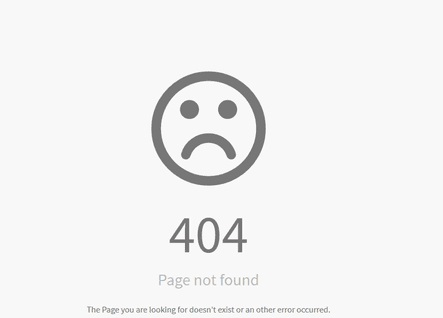Telenor Myanmar has partially complied with a government order to block hundreds of websites for explicit content and fake news. The Ministry of Transport and Ccommunications had ordered the nation’s cellular carriers to prevent access to 221 web sites it found “contain adult/explicit content, child sexual abuse, and contribute to misinformation,” according to a Telenor press release. But Telenor initially resisted, claiming the ministry did not have a legal basis to give the order. But after a minor political standoff, Telenor changed course. It blocked 154 of the targeted sites following its own review, and then blocked the remaining sites after “further dialogue with MoTC.”
“Telenor has assessed that the risk involved in not following the directive is likely to have wider implications in terms of servicing the public,” the company continued. Government regulation is one of the leading challenges to the telecoms industry. Myanmar has only granted licenses to four telecom carriers, including the semi-private state provider MPT. The 2013 Telecommunications Law gives the government tight control over their operations. It has used this power to shut down web sites it deems harmful to the public and also, more recently, to withhold internet access to areas held by the Arakan Army rebel group. Critics claim such regulation is tantamount to state censorship and suppresses free speech. On the other hand, fake news, hate speech and online scams are an ongoing problem in the country. Indeed, Facebook, which dominates Myanmar’s social media market, often independently blocks accounts it deems predatory.


